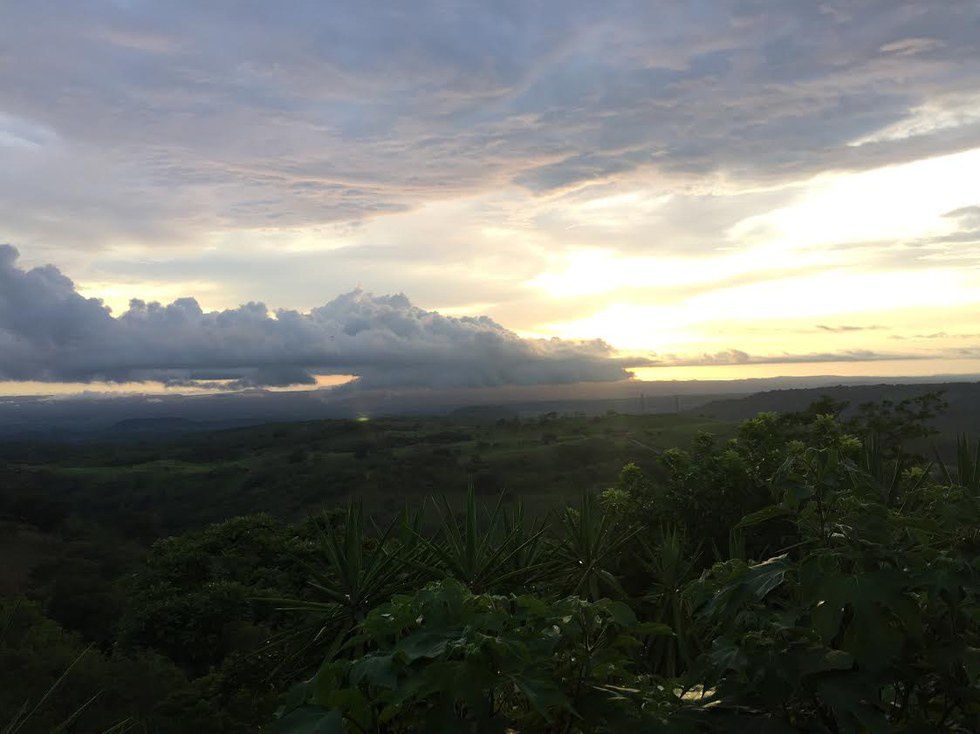For the past four weeks, I have not posted any articles to the Odyssey Online, but for good reason. I was studying abroad in Costa Rica with my peers from Morehouse College. For four weeks, we lived with host families in San Jose and studied at the ILISIA Institute in San Jose. While at the ILISA institute, we studied Spanish with professors from Costa Rica and students from other colleges in the United States. Some from Georgia State, others from Valdosta State, others from Weber State in Utah. I had been abroad before, but never for the purpose of studying. The value of a full immersion program can not be understated. Although learning a foreign language in the classroom has value, living in a foreign country forces one to embrace the challenge of speaking in a second language. Many of my friends greatly improved their Spanish skills over our relatively short four weeks abroad. We not only studied in San Jose, but also had the opportunity to explore the country on weekend excursions. During our first weekend, we traveled to the beaches of Puerto Limón and experience the Afro-Caribbean culture of the province. The second weekend we traveled to a resort in the Guanacaste Province where we swam in hot springs and rode horses in the mountains. The third weekend we had a free weekend to explore San Jose, and during our fourth and final weekend we traveled into the mountains for a final meal, overlooking San Jose. I had a wonderful time in Costa Rica. My ability to understand Spanish greatly improved and a made many new friends while studying at ILISA.
The fact that Morehouse students studied abroad this summer in Costa Rica, China, Germany and other countries is significant. According to a study by the Institute of International Education, Black college students are statistically more unlikely to study abroad. Only five percent of Americans who study abroad are Black. It is important that we increase the numbers of Black students abroad. Our world is becoming increasingly interconnected and globalized, and we must create students who enter the workplace with a global perspective. Studying abroad prepares well-rounded students, ready for their respective careers. When Black students travel abroad, we take our unique history with us. Specifically, as Black Americans, it is quite an experience to witness the result of the African Diaspora firsthand. In Costa Rica, 8% of the population of Costa Rica is of Black African descent or European and Black. The first Blacks were slaves who came with Spanish conquistadors but many are descendants of the 19th Century English-speaking, Jamaican workers. Many Caribbeans were forced to stay in the province of Puerto Limón due to Costa Rica’s segregation laws. There they developed their own culture and retained their Jamaican roots. Seeing this history in Limón was personally inspiring. I interacted with people that were in some ways similar to me, but very different in others. Meeting other Black men and women from different countries helps further shape one’s identity. If you have the opportunity to study abroad anywhere in the world, I highly recommend it. It is an invaluable time.
P.S. If you are worried about the expenses associated with studying abroad, there are scholarships out there to finance your travels.






















